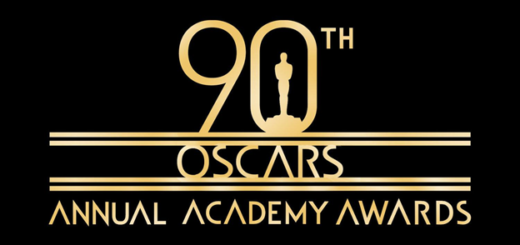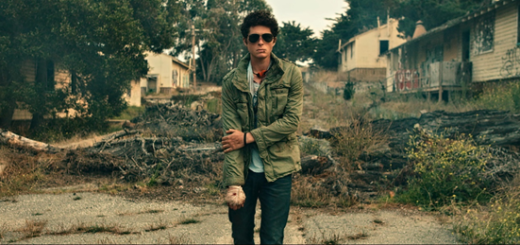AFI FEST 2016
Crossfader Film Editor Sergio Zaciu and guest contributors Alexander Larios, Jonathan Mackris, and Phillip Vernon attended the 2016 AFI FEST in Hollywood, California this year! Here’s a roundup of the films they caught during the festival (ordered worst to best)!

STILL LIFE
Director: Maud Alpi
Genre: Drama
Of my many (mostly angry) responses to this film, perhaps the most meaningful is my curiosity as to the function of STILL LIFE. Director Maud Alpi’s debut feature after a decade of producing short films is a grim, dour depiction of factory farming, stringing her audience along with long takes of animals being led to the slaughter through a dimly lit, grisly maze of rusty pipes and dark corridors. Yet for all of its moody mise-en-scène, what never becomes clear is why Alpi feels her piece contributes anything meaningful to the conversation. Is there really anyone left who does not comprehend the cruelty of factory farming? As a voracious meat-eater, I fully recognize the malignant side of food production, and I doubt any of my fellow carnivores are any less ignorant. In this sense, there is no way to see STILL LIFE other than being disrespectfully didactic, a film which not only brings nothing new to light on the matter, but also offers nothing but reductive moral pandering. That the director would have the audacity to call this an “experimental” feature is laughable and a testament to the haughty arrogance this film emanates with. [Jonathan Mackris]
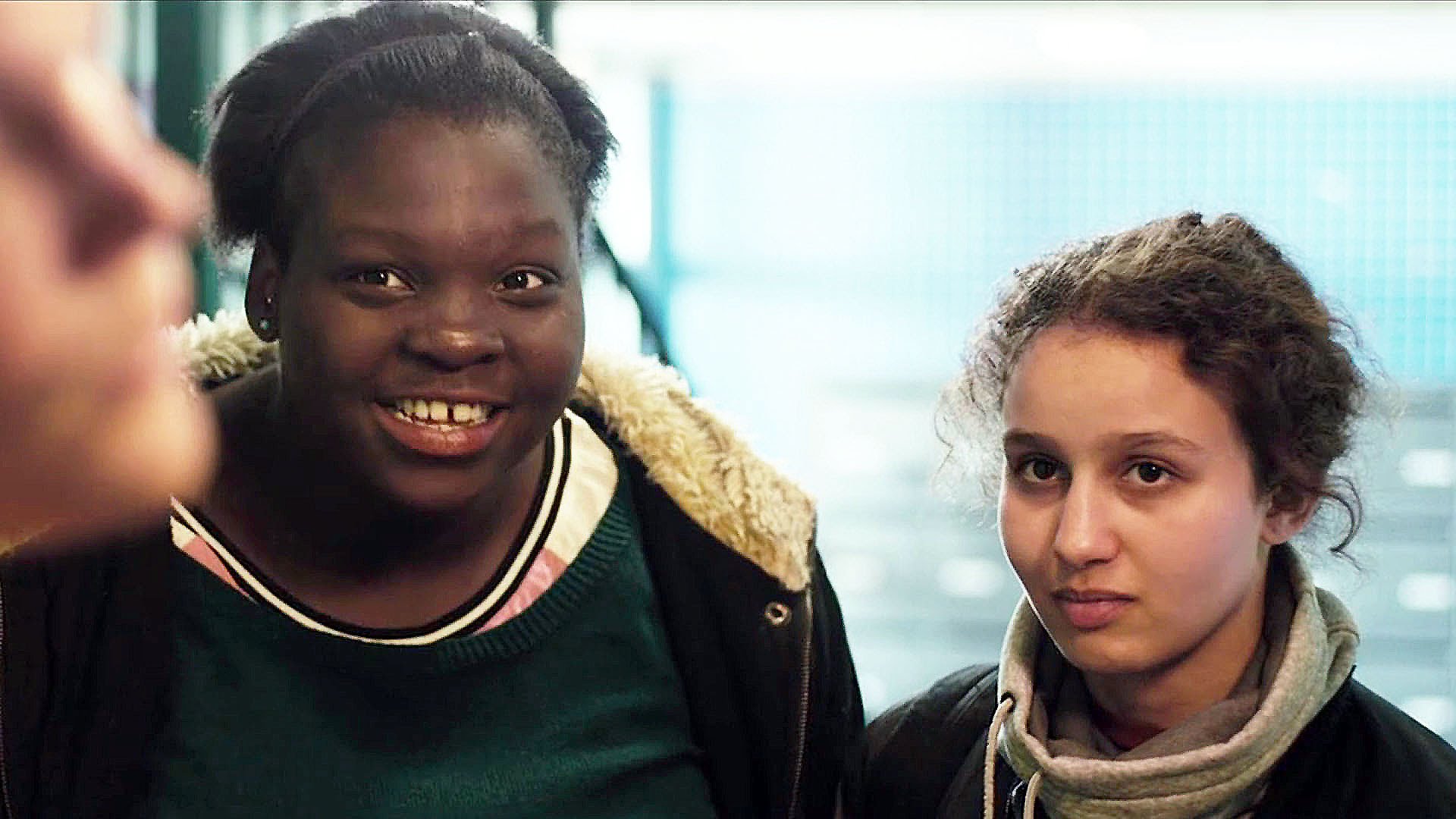
DIVINES
Director: Uda Benyamina
Genre: Drama
Where do I even start when it comes to venting my frustrations about a film like DIVINES? In a showcase of everything wrong with modern socio-political indie fare, this Cannes Golden Camera winner is LA HAINE’s tepid companion piece, a film loaded with beautiful ideas, strong performances, a vivid camera, and an unforgivably hackneyed screenplay. Director Uda Benyamina has used her debut to showcase an incredible breadth of talent. She knows how to compose and how to make us feel. DIVINES shines with a youthful exuberance that is oftentimes missing in modern independent cinema. But everything she does right, from her focus on Muslim Europeans to its analysis of disenfranchised youths, is painfully scripted. Where DIVINES ought to have been a rewarding character portrait of two ambitious, albeit different, French teenagers, Benyamina decides to take detour-upon-detour, veering off into narrative beats that feel wildly out of place in a somber drama about the cyclical nature of poverty. Instead of a deeper dissection of this sympathetic friendship, we get glimpses into a heist film, and a tacky romance with a street-turned-ballet dancer. And though the latter feels more holistic to the narrative, Benyamina sacrifices so much of her genuine moments for narrative contrivances that the end result is shamefully inauthentic. [Sergio Zaciu]
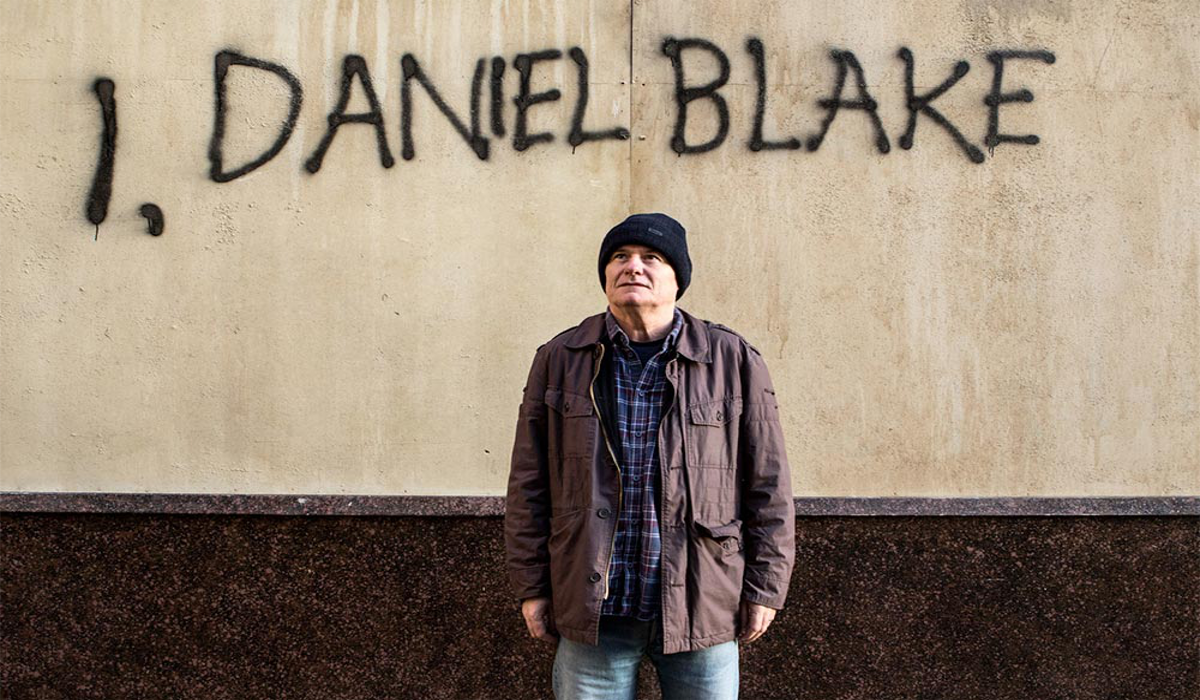
I, DANIEL BLAKE
Director: Ken Loach
Genre: Drama
Late into the latest Palme d’Or (Palme d-Bore?) winner, I, DANIEL BLAKE, the titular protagonist protests the unfair bureaucracy that withholds his unemployment benefits by spray-painting his name across the exterior of the office. The crowd around him — all well-to-do tourists and random bystanders — erupts with joy, cheering him on and booing the police who cart him away. They enjoy a comfortable distance that enables them to effortlessly support his protest whilst simultaneously refrain from any meaningful action; in other words, they endorse his protest without taking any action of their own. Likewise, audience members of the film get to experience Loach’s protest without ever being prompted to do so themselves. This is to say that I, DANIEL BLAKE is a kind of safely socialist piece, offering its audience a chance to pity the misfortunate without urging them to action. For all of its moral do-gooding, I hesitate to believe that such a film is a solution to the problems it raises. After all, if everyone is in agreement with the unfairness of bureaucracy — treated here as a nameless “Other” — then who is Loach’s anger directed towards? Who is the guilty party, and will they recognize they are being shamed? The answer, it would seem to me, is a clear no. Loach makes an open-ended ethical plea, one without any real bite, without any real disruption at all. We feel sad, we celebrate the film for its “courage” to show such sadness, and then we proceed about our lives, unchanged. I’m not one for toothless “audacity.” [Jonathan Mackris]
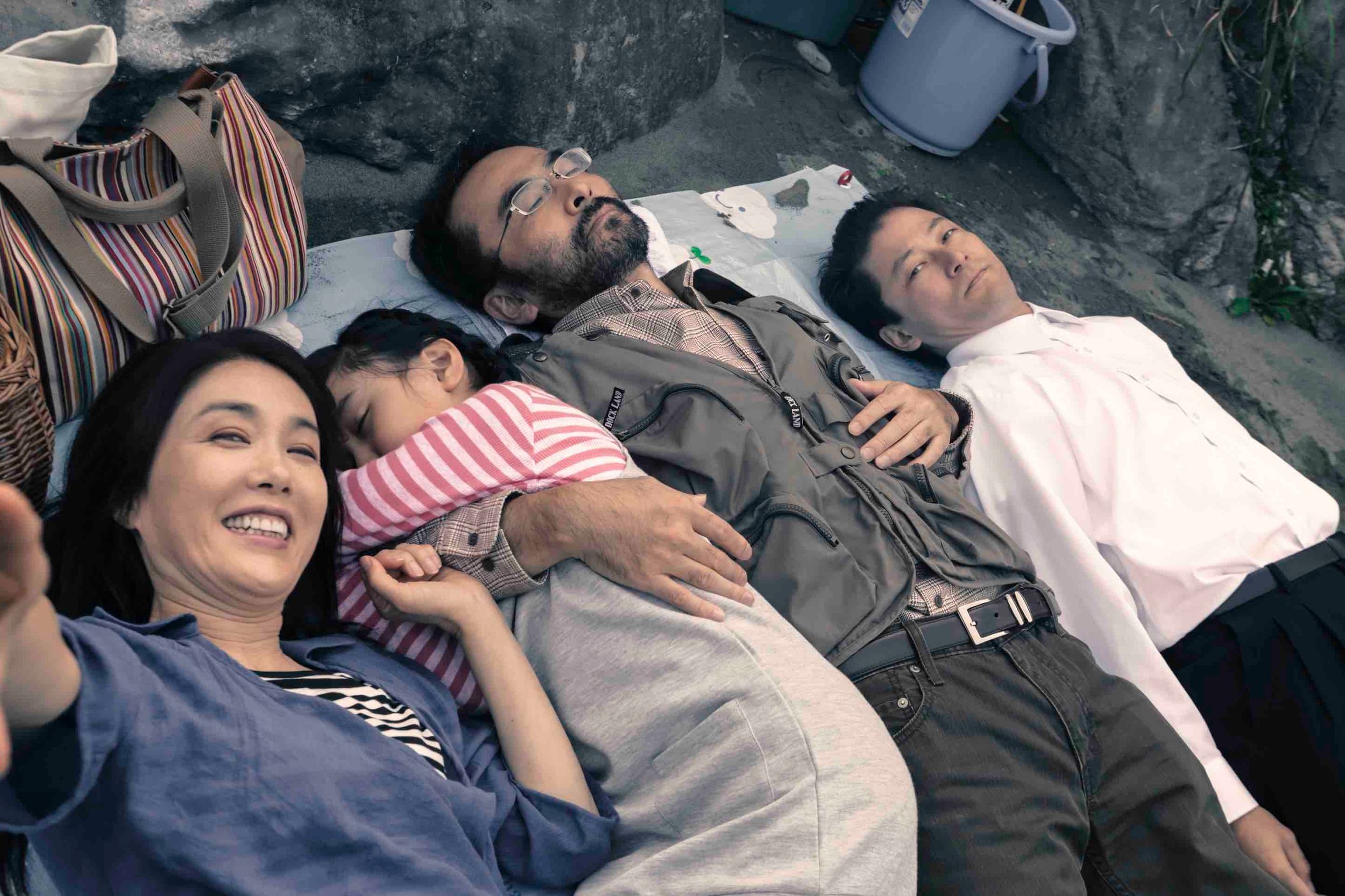
HARMONIUM
Director: Koji Fukada
Genre: Drama
Even with the amazing Tadanobu Asano (who cut his freakin’ tongue off in ICHI THE KILLER and stars in Scorsese’s newest film, SILENCE) at his disposal, Koji Fukada still seems to be in the mindset of directing androids. HARMONIUM at first follows the seemingly normal family life of metalworker Toshio, his wife Akie, and their playful daughter Hotaru. Asano plays the overtly formal Yasaka, Toshio’s old friend freshly released from prison, whom he offers a place to stay at the drop of a hat, much to his wife’s dismay. Yasaka helps with Hotaru’s harmonium lessons and Toshio’s metalwork but becomes closer to Akie as she asks more questions about his checkered past. There are a lot of leaps in logic that make up this slow, eyeroll-worthy melodrama. Fukada, like Lucas to Samuel L. Jackson, squanders Asano’s talent, having him act as stiff as possible with maybe two brief, noteworthy moments in his performance. He’s simply just not creepy enough. Thankfully, Mariko Tsutsui’s emotions are believable as Akie, even when not tugging on that mother’s instinct heartstring. Her chemistry with Asano is somewhat engaging but culminates into nothing but disappointment and missed opportunities on Fukada’s part. I can handle a shoehorned religious subplot with Akie’s and Hotaru’s practicing of Protestantism, but the cheap third act twist that deflated what little tension there made it all much harder to enjoy. Trust me, the reveal is not nearly as interesting as you think it is. [Alexander Larios]
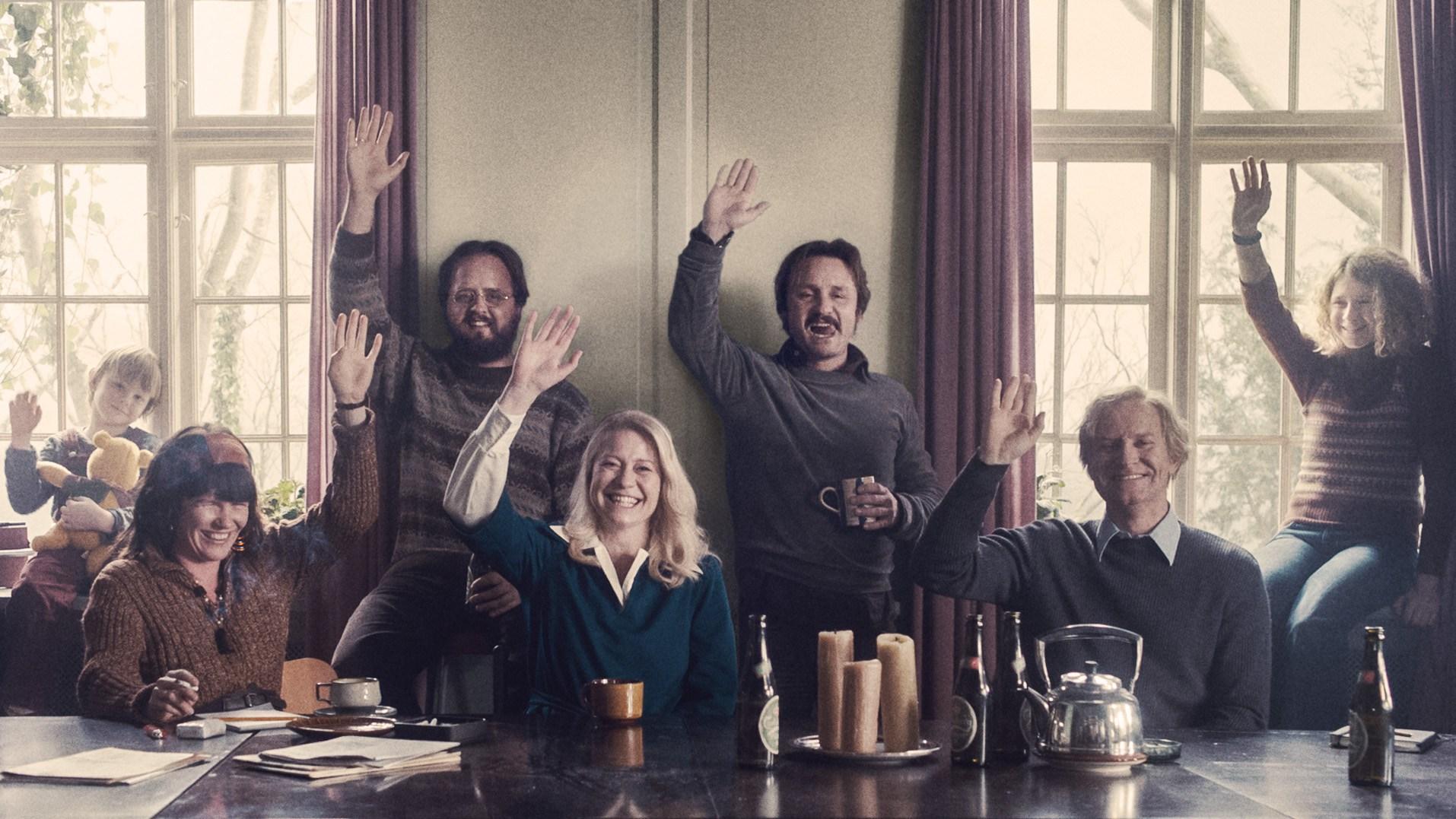
THE COMMUNE
Director: Thomas Vinterberg
Genre: Drama
Though I once heralded THE CELEBRATION (1998) as an achievement in Leftist cinema for its holistic assault on bourgeois culture, the last few months have left me questioning whether or not I find this to really be the case. It did, after all, win third place at the ’98 Cannes Film Festival, and caused very little controversy of its own (unlike its partner in crime, Von Trier’s THE IDIOTS (1998)). With THE COMMUNE, Danish filmmaker Thomas Vinterberg put to rest any further questions I had on the matter, proving his association with the Dogme brothers to be purely incidental and his allegiance to Leftist beliefs to be nothing but a sham — this is an ideological regression so insulting that it’s hard to believe the two films to be from the same creative source. THE COMMUNE is the embodiment of everything Vinterberg once claimed to stand against: Not only does it adopt all of the techniques lambasted by the Dogme Manifesto, but additionally, its politics are now firmly capitalist in nature. It isn’t simply that the film depicts the failings of a commune that I find so frustrating — such failings are evident in most implementations of such ideology. However, it’s how devastating Vinterberg depicts anti-capitalist behavior to be, with one character brought to complete ruin by her family’s involvement in such a practice. At best, THE COMMUNE is a sanitized, neutered rethinking of THE IDIOTS; at worst — and personally, I perceive it in this manner — it is a complete betrayal of his former work. [Jonathan Mackris]

CROSSCURRENTS
Director: Yang Chao
Genre: Drama
If anything, CROSSCURRENTS suggests the potential for greatness — while it goes unrealized here, I remain hopeful that a later feature from director Yang Chao will be more impressive. As a metaphysical journey along the Yangtze river, CROSSCURRENTS is at times an interestingly bold feature, yet it never amounts to much in the end. Some have praised the cinematography of Ping Bin-Lee, whose previous work includes IN THE MOOD FOR LOVE (2000) and THE ASSASSIN (2015), though personally, I find that his other work is much more interesting to look at than this one. At any rate, I’ll be curious to see if another Yang film rises to popularity in the future, as he clearly wants to try something new with narrative. [Jonathan Mackris]
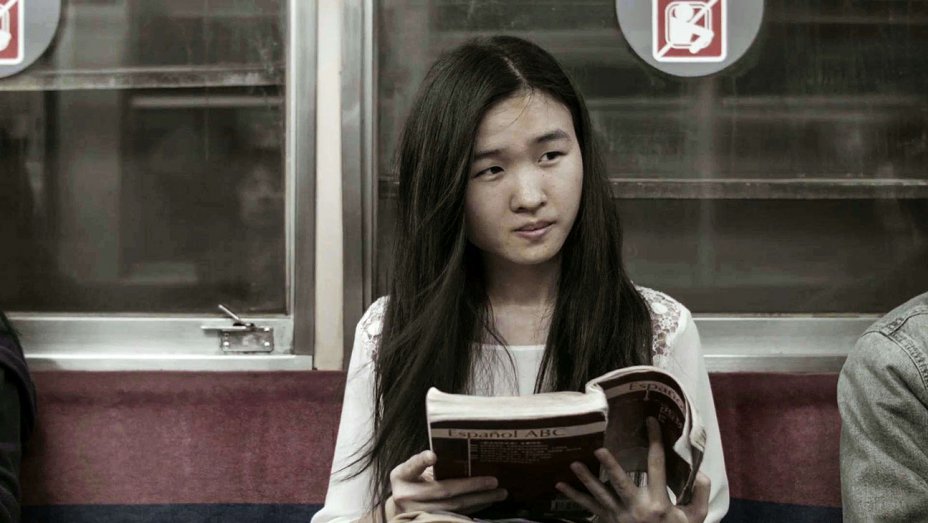
THE FUTURE PERFECT
Director: Nele Wohlatz
Genre: Drama
Director Nele Wohlatz is only 34 years old, but is scoring big with her latest indie project, THE FUTURE PERFECT. In a pensive dissection of language barriers and cultural identity, Wohlatz sifts through the linguistic parameters of immigrants in Argentina. We follow a young Chinese girl on her quest to learn Spanish, assimilate with her new environment, and navigate the landscape of romantic entanglement, all within the confines of Spanish-as-a-second-language. It’s breathtakingly charming for its first 20 minutes, and holds up beyond that in brief increments, but THE FUTURE PERFECT often feels like a film that was destined to let down its viewers. Within its brief 65 minutes, we spend a little too much time on the willfully unnatural interactions between foreigners in a foreign country. What starts as an attempt at self-aware parody — a winking play on narrative without subtext — slowly devolves into progressively less interesting, and ultimately tiresome filmmaking. Wohlatz fails to modulate here, and that is perhaps her Achilles heel. THE FUTURE PERFECT is often wonderfully endearing, but for a film that’s entirely about language, it does very little with the actual language of cinema. Its cinematics are played rather straight, and as such, it never shifts aesthetically, leaving me desperate for a film in which aesthetic complexity increases as a protagonist becomes more literate in the language they are learning. Where the case can be made that the lead’s reality changes with her embracing of different languages, I feel that the central issue is that THE FUTURE PERFECT doesn’t tackle the immigrant experience or the complexity of linguistics with enough tact to come to any rounded conclusions. What Wohlatz has presented here is nothing short of daring, but THE FUTURE PERFECT is just that, a film that exists in a hypothetical realm where one day it can be a masterpiece. Until then, I wouldn’t hold my breath. [Sergio Zaciu]
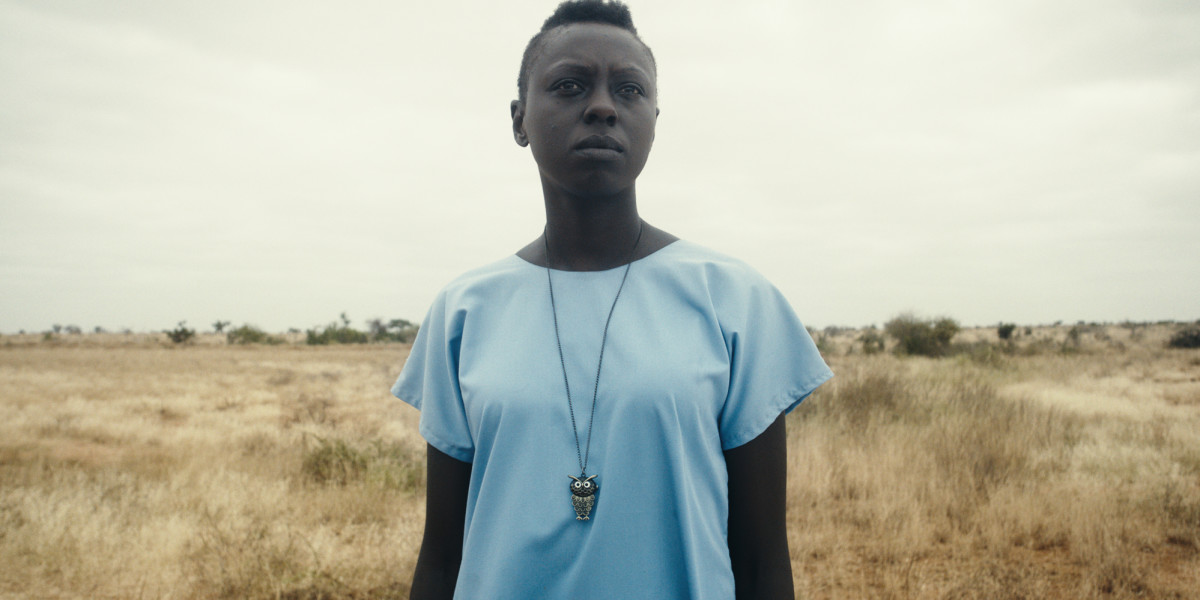
KATI KATI
Director: Mbithi Masya
Genre: Drama
There are countless criticisms that I would utter against KATI KATI had it not been for one of the most insightful Q&As I’ve ever had the pleasure of attending. During the brief, but wonderfully informative dialogue, director Mbithi Masya opened up about the creation of his film and what he thinks it should mean to the future of Africa’s cinematic legacy. During this conversation, he opened a discourse on the need to view Africa’s cinematic output under less of an umbrella term, and allow for broader genres to blossom from this growing artistic movement. Thanks to German director Tom Tykwer’s artist initiative in Kenya, KATI KATI was born as the product of leftover funds from another production. As such, it’s hard to criticize such a film for its cinematic simplicity. KATI KATI is a film that almost never was. A feature that Masya crafted after a long period of mourning the loss of a loved one, it’s a beautiful, albeit oftentimes elementary, look into spirituality and the afterlife, but its milieu and characters feel so fresh that they warrant a gander. Having said that, I can hold KATI KATI accountable for not perfecting its world building. The rules it stipulates for its universe are admittedly clunky. In this safari-park purgatory, characters are only admitted into the afterlife once they’ve reconciled their mistakes. It’s no different on paper than LOST, WHAT DREAMS MAY COME, THE SIXTH SENSE or JACOB’S LADDER, but Masya leaves us with an odd ending that doesn’t really explain why our protagonist is in purgatory at all. Nyobaki Gethaiga delivers a lovely performance in the lead role, but her character serves as a vessel for other individuals to be explored with more depth. As such, Masya misses the mark in building a more conflicting, high-stakes drama out of an all-aound charming project. Nonetheless, I commend him for creating it in the first place, for it’s a labor of love that almost never saw the light of day. [Sergio Zaciu]
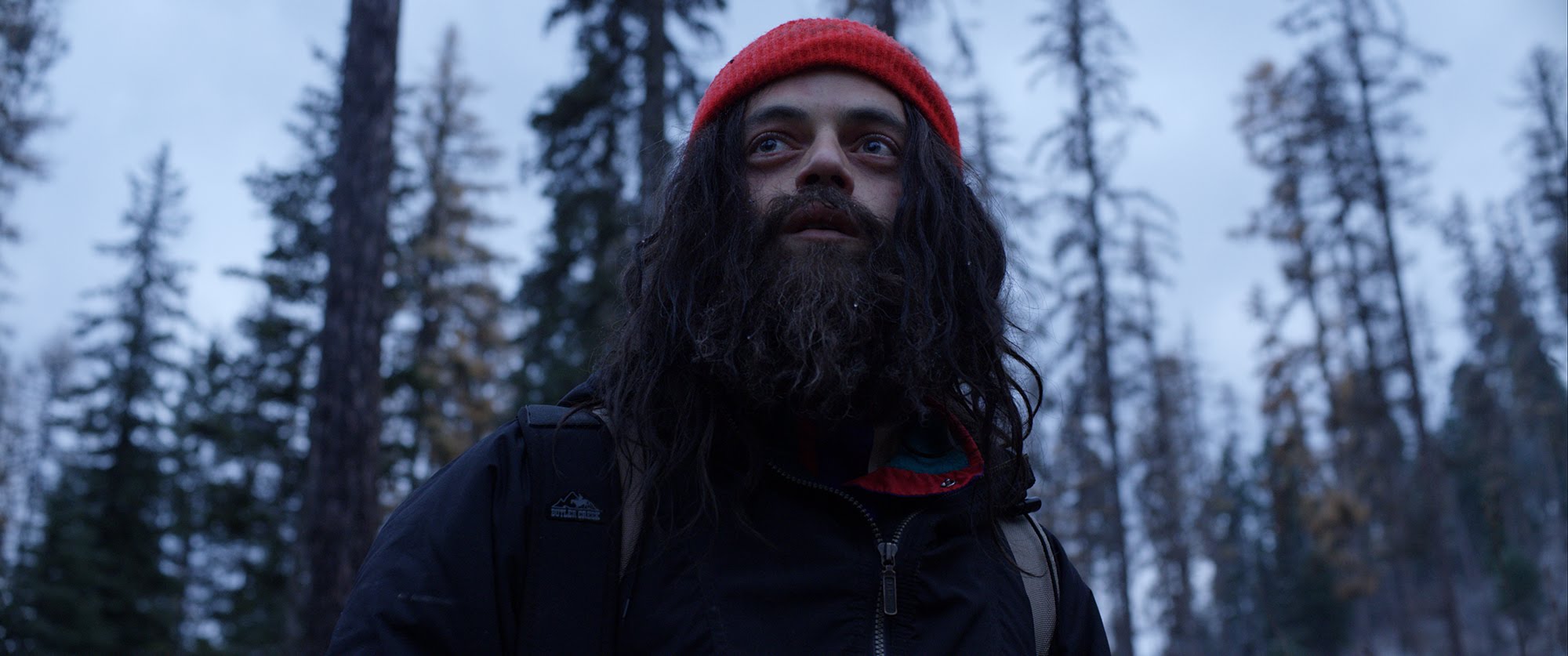
BUSTER’S MAL HEART
Director: Sarah Adina Smith
Genre: Mystery, Thriller
Despite being difficult to bottle into a single genre and defying easy description, BUSTER’S MAL HEART is surprisingly derivative. The clearest parallels can be drawn with FIGHT CLUB, and BUSTER’S MAL HEART serves as a reminder of why subtle directorial choices by A-listers like David Fincher add up to more impactful cinema. Recent Emmy-winner Rami Malek stars as Jonah/Buster who is seen in at least four different timelines (though admittedly, it got hard to keep count). As Jonah, he’s working a night shift as a concierge to support his wife and daughter, using his free time to watch bizarre conspiracy videos. Buster is a bearded mountain man who survives by breaking into affluent vacation homes in the offseason. Both iterations get several other small vignettes that are revisited to add texture and tone, but contribute nothing to the main story. All the intercutting between timelines anchored by Malek’s solid performance makes this a fun film to watch from a distance, despite falling flat in the immersion department. The piece is scattered with half a dozen obviously metaphorical images (frogs, boats, apples, photographs — the list goes on) that show sophomore feature director Sarah Adina Smith presumes multiple viewings that the predictable storyline doesn’t warrant. Creative shot choices and editorial confidence showcase that she has talent but isn’t ready for the responsibility of writer-director auteurship. If she’s lucky, BUSTER’S MAL HEART will end up on Netflix sometime next year, providing viewers a fine diversion, albeit one that lacks the emotional punch Smith was shooting for. [Phillip Vernon]
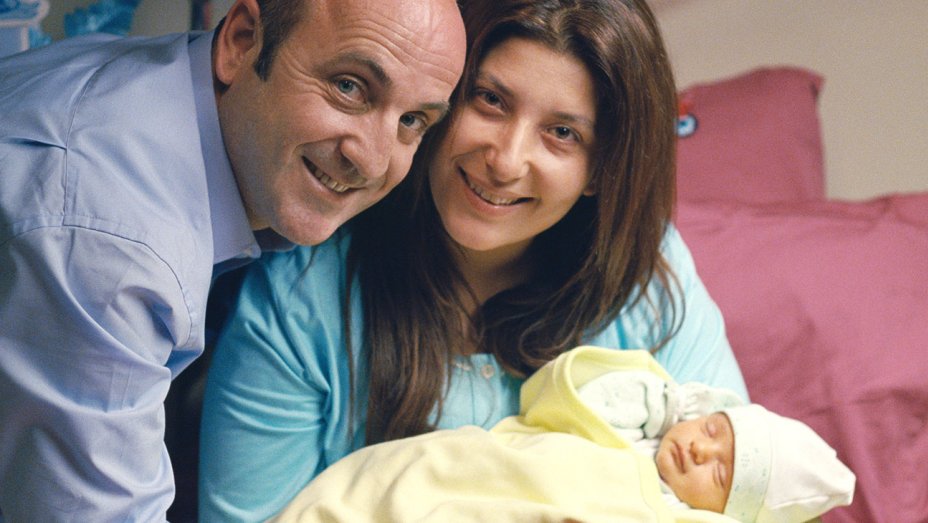
ALBÜM
Director: Mehmet Can Mertoğlu
Genre: Comedy
To claim that ALBÜM appealed to me on a personal level would be a ludicrous understatement. As a German, Romanian, Turk myself, I was enchanted by the idea of seeing a co-production between France and all three of the aforementioned countries. And what ALBÜM consequently showcases is a particularly unique brand of filmmaking. In possibly the most aggressive game of inside-baseball, this Turkish-language feature left an entire Hollywood theatre distinctly alienated. I see the dry, nihilistic charm of Porumboiu here, the attention to painterly imagery present in the works of Nuri Bilge Ceylan, and the knack for the absurd that only French (and occasionally Greek) cinema can really muster up. ALBÜM is a fascinating experiment: a film that sadly meanders for far too long and winds up overstaying its welcome. But at its best, director Mehmet Can Mertoğlu paints his canvas with such a wide depth that the human eye needs to play a game of Where’s Waldo. The way the camera eases the viewer into this aesthetic choice is so elegant that the films allegory-laden narrative feels like an additional fun game worth solving. Sadly, this experience also exhausts, and once ALBÜM runs out of steam, it makes you wonder what it really wants you to take away, for better or for worse. [Sergio Zaciu]
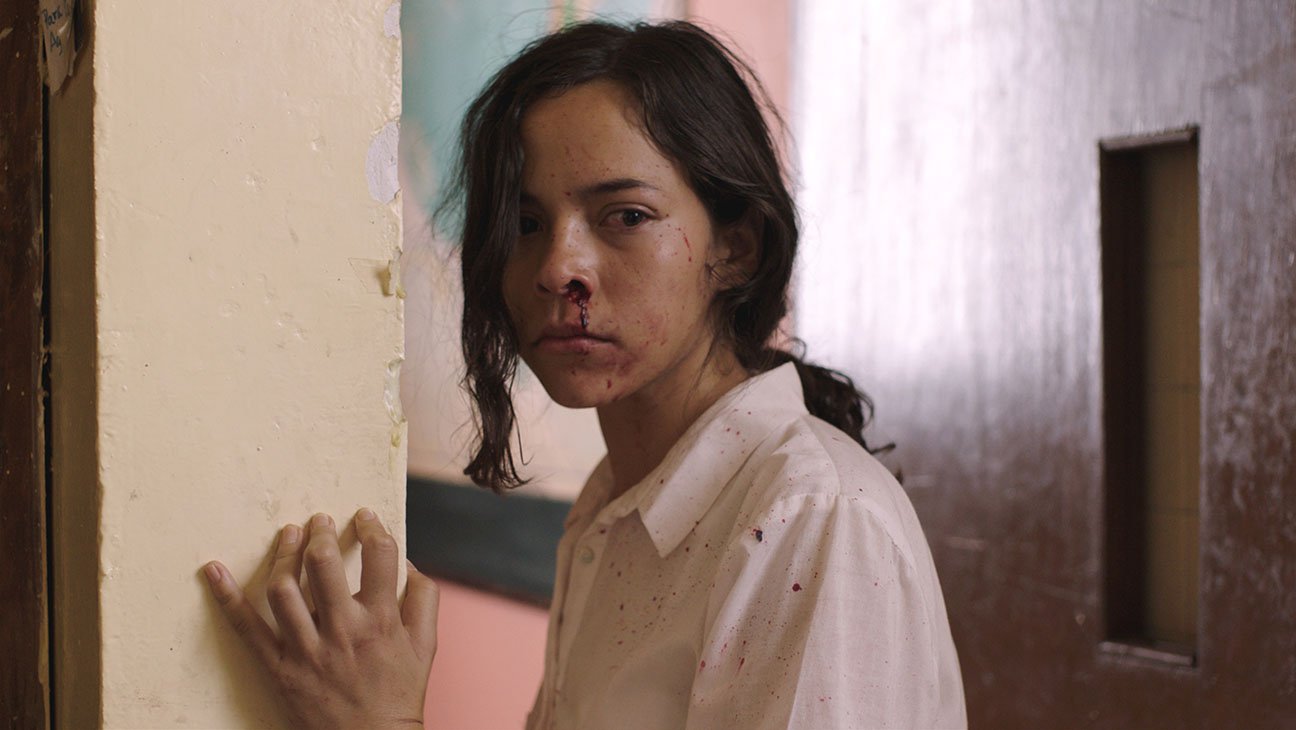
THE UNTAMED
Director: Amat Escalante
Genre: Sci-Fi
Though the comparison makes sense, Amal Escalante’s UNTAMED is PITO, or POSSESSION (1982) In Tentacles Only. Unlike the Zulawski film from which it draws a clear influence, Escalante’s film is much more emotionally reserved, never exploding in the way POSSESSION does throughout its entire runtime. This choice makes sense, as THE UNTAMED operates as a sort of treatise on sexual repression (gay sexual repression, in particular; though there are two female protagonists, they seem to serve more as foils to their homosexual screen partners). Yet, it does leave THE UNTAMED feeling, well, rather tame. For all of its complicated sexual tension, it never emerges as a truly special or novel piece. I’d like to say that this may find an audience in the cult world, but even then, this would seem inappropriate since POSSESSION has already staked that ground. [Jonathan Mackris]

IT’S ONLY THE END OF THE WORLD
Director: Xavier Dolan
Genre: Drama
27 year-old auteur Xavier Dolan has been making waves at Cannes and AFI fest for years now. With MOMMY, he somewhat cemented his footing as Canada’s foremost contemporary filmmaker, showcasing a distinctly unique brand of youthful formal qualities amidst the confines of theatrical character portraits. With IT’S ONLY THE END OF THE WORLD, he has arguably played into these conventions with full force. Based on a stage play of the same name, Dolan has crafted a five-person domestic ensemble drama that screams “theatre” more than any film at this year’s festival. And while this isn’t necessarily a bad thing, it’s odd to watch an adaptation directed by a man who’s oftentimes so concerned with formal aesthetics, and you can see this struggle on screen. Dolan does an incredible job incorporating dreamlike flashbacks, slow-motion memories, and brief instances of quiet contemplation. From Blink-182 to Moby, Dolan uses music in his trademark style to deliver momentous, emotionally thrilling instances of drama, crafting a signature angsty malaise. The suffocation of dealing with such an inoperative household is a marvelous feat. These are the film’s highlights. But as a greater work of drama, IT’S ONLY THE END OF THE WORLD falls a little short. It’s far more mature than the rest of his catalogue, but that’s not always a good thing. It takes MOMMY’s best qualities and hopes that they will salvage an otherwise not-so-airtight screenplay. For a film that’s all about regret, suffering, unspoken words, and grudges, I can’t help but escape the feeling that a number of characters, most notably Vincent Cassel’s performance as a brutish older brother, play out like contrivances in order to escalate the stakes, resulting in a film that is always just shy of feeling like genuine theatrics. [Sergio Zaciu]
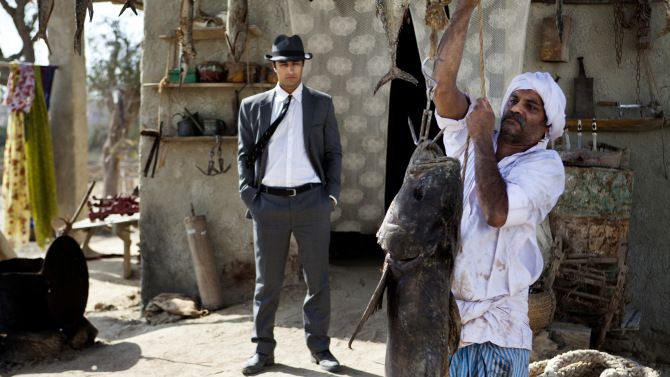
A DRAGON ARRIVES!
Director: Mani Haghighi
Genre: Documentary/Comedy
The latest from Iranian filmmaker Mani Haghighi seeks to continue the great tradition in contemporary Iranian cinema of blending documentary and fiction to explore cultural myth and personal history. Fans of Iranian cinema will be particularly interested, given that the film focuses on a strange event during the production of Ebrahim Golestan’s THE BRICK AND THE MIRROR (1965), an important milestone in their national cinema (as it were, the director of this film is Golestan’s grandson). Yet, though it is clear that films like CLOSE-UP (1990) and A MOMENT OF INNOCENCE (1996) are obvious influences here, Haghighi doesn’t seem to understand what it is about those films that makes them so utterly remarkable. A DRAGON ARRIVES! is, in large part, an incidental documentary — whereas the documentary elements in ‘90s Iranian film is distilled into the fictitious elements, Haghighi clearly distinguishes between the “documentary” and “fiction” portions. What results is a far cry from the richness of Kiarostami, Makhmalbaf, or the other greats of Iranian cinema. Though at times a fun, flashy ride through a candy-colored narrative involving filmmakers, governmental conspiracies, family secrets, and possibly even a dragon, A DRAGON ARRIVES! pales in comparison to its forbearers and offers little of its own to make it stand out. [Jonathan Mackris]
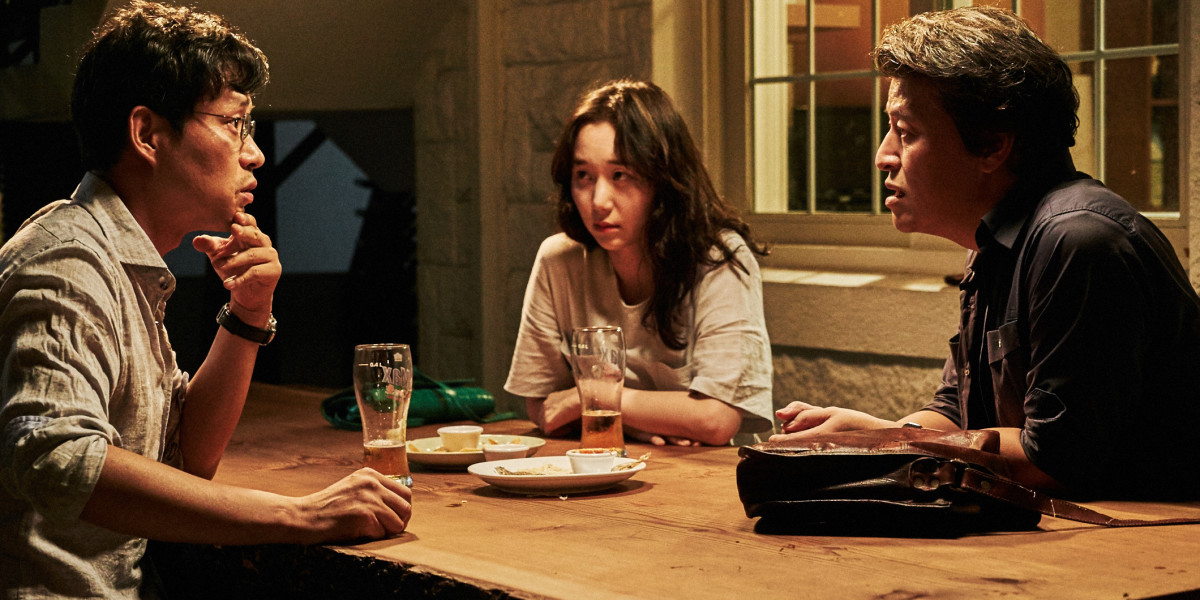
YOURSELF AND YOURS
Director: Hong Sang-soo
Genre: Comedy
We all know by now that South Korean director Hong Sang-ZOOM pretty much makes the same film every year. But I’ll be damned if they aren’t all the same good film. Painter Youngsoo tries to give his beloved Minjung, who’s perhaps leading a double life, an ultimatum after she’s seen sipping beer with another man. While it’s not my favorite of his, this one hits all of Sang-soo’s signature stops. Lovers and old friends, usually narcissistic artists, bicker about the opposite sex as the drinks keep on flowing. It’s more streamlined than Hong’s previous work and could very well serve as a great stepping stone for those unfamiliar with his other films. The awkward laughs come in early from characters ruminating on alcoholism and the fragility of relationships. There are far less zooms than usual, but each one is particularly effective in their placement. Though the film is quite short and ends with more questions than answers, the wit Hong Sang-soo has perfected over the course of his many years is on full display thanks to legitimately inebriated performances and shoestring budgets. Like his heroines, Sang-soo’s films will always have oodles of charm and intrigue. YOURSELF AND YOURS merely puts that at the forefront in a way that may perhaps attract newcomers, but will definitely please fans. [Alexander Larios]
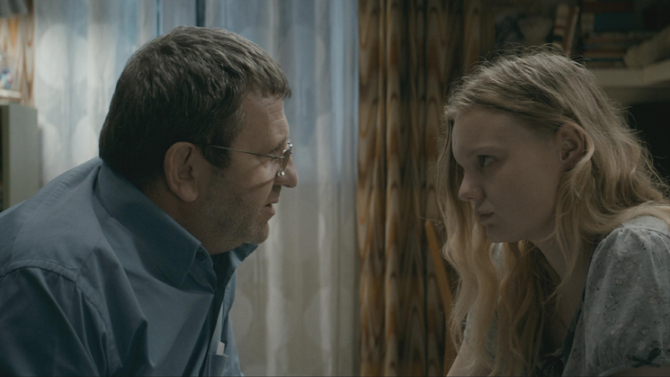
GRADUATION
Director: Cristian Mungiu
Genre: Drama
I’d be remiss to say that Cristian Mungiu is not my favorite director working today. With BEYOND THE HILLS and Palme D’or winner 4 MONTHS, 3 WEEKS, 2 DAYS, Mungiu has cemented himself as the foremost social realist director of the Romanian New Wave. His staunch nihilism and brutal honesty reflects the workings of a darker, less empathetic Abbas Kiarostami. For that alone I congratulate Mungiu, celebrating and championing his knack for slow burn cinema. With GRADUATION, Mungiu has released what is quite possibly his worst film to date, and yet, it’s still pretty great. Where 4 MONTHS, 3 WEEKS, 2 DAYS will forever hold a reputation for being a universally disturbing portrayal of communist Romania, and BEYOND THE HILLS captures the horrors of Eastern European bureaucracy, GRADUATION is squarely a Romanian film, one that won’t translate far out of its borders. In a story of a father who does everything he can so that his daughter can ace her final exams after she is brutally assaulted, GRADUATION taps into notions of anti-nationalism that are particularly present in Romania. As such, GRADUATION is a powerful moral dilemma, one where a woman’s trauma is ignored because of a father’s selfish — albeit understandable — interests. It’s disturbing, but all too real. The problem is that it’s all distinctly scripted when compared to Mungiu’s prior two outings. Plot developments all fall into place with wonderful convenience, and the film’s layering of plants and payoffs — though subtle and elegant — is consistently out of touch with the “slice of life” realism that makes the Romanian New Wave so exciting. Nonetheless, there are moments here reminiscent of POLICE, ADJECTIVE, CHILD’S POSE, the works of Zvyagintsev, and Mungiu’s signature tone that will certainly strike a chord with viewers. A powerful work, but a far cry from Mungiu’s two opuses. [Sergio Zaciu]
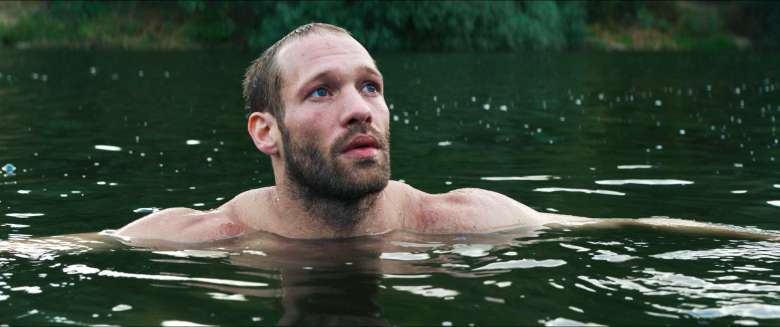
THE ORNITHOLOGIST
Director: João Pedro Rodrigues
Genre: Comedy
EL TOPO (1970) by way of Weerasethakul. THE ORNITHOLOGIST is not an easy sale by any means — what begins as a sort of investigation into the image steadily becomes a sort of religious journey, laced with a tongue-in-cheek sense of humor and queer sexuality. Rodrigues’s reputation as a formalist certainly shines through here: His principle concern seems to be sacrificing the privileged position of observer, considering what it means to be looked at and photographed. Yet, for all of the more cerebral undertones, THE ORNITHOLOGIST is far from some hoity-toity Art film. Ever a punk, Rodrigues fills his film with humorous non-sequiturs and tinges of absurdist magical realism. To the extent that I can comprehend it, I am completely enchanted. [Jonathan Mackris]
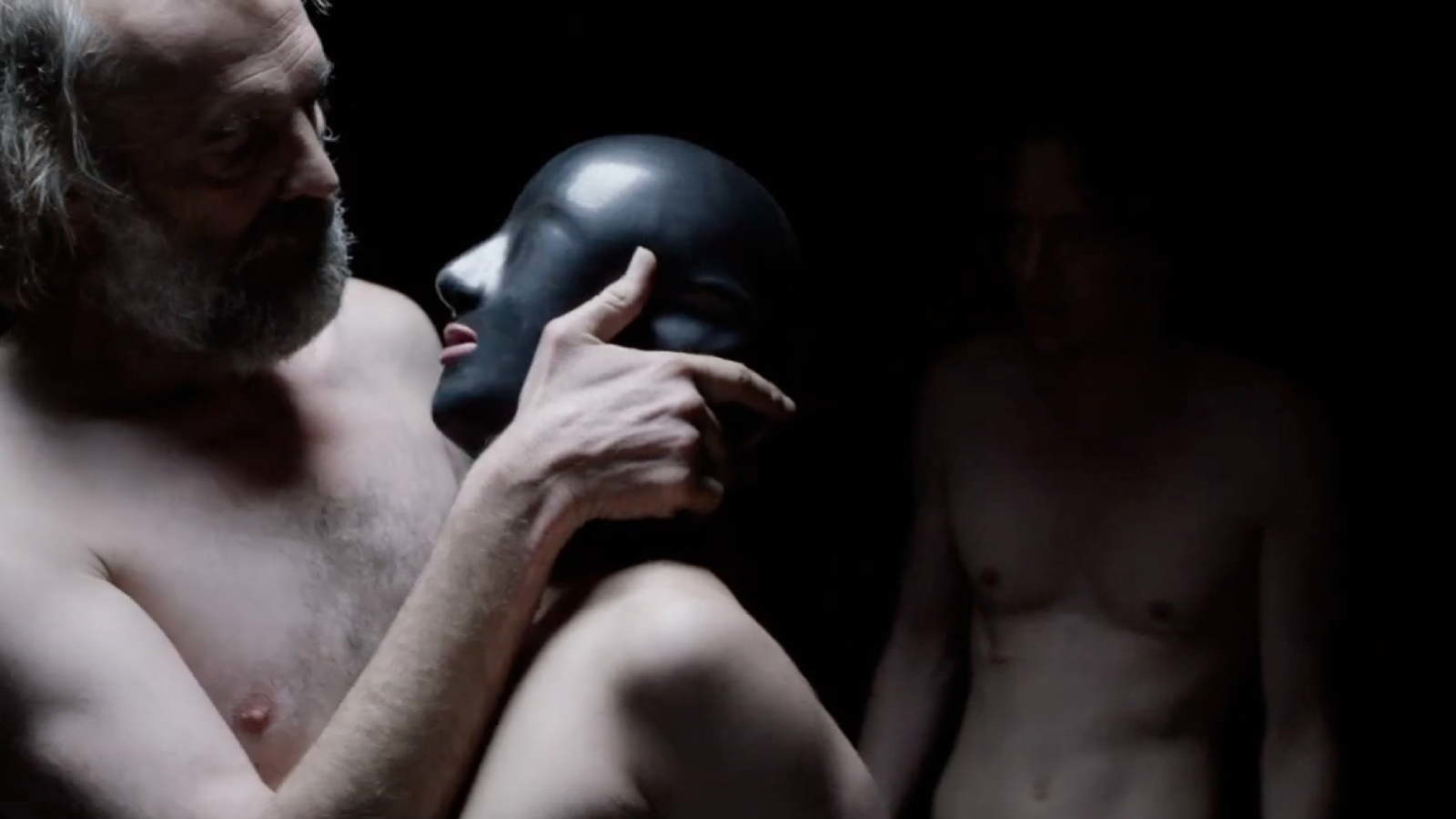
MALGRE LA NUIT
Director: Philippe Grandrieux
Genre: Experimental Horror
It is safe to say that the most surprising film (and my personal favorite) on the line-up of this year’s fest is the latest from French experimental film and video artist Philippe Grandrieux, MALGRE LA NUIT. At a festival otherwise filled with safe and formally conservative entries, MALGRE LA NUIT is a sort of needle in the eye, a haven for folks with my taste and yet one that will obviously be controversial. At my screening, at least 17 people left before the runtime was over, and I’m sure the screening the following day saw the same response. It won’t be for everyone and even for those with a more open mind, Grandrieux doesn’t make it any easier due to the film’s pornographic, snuff content. And yet, in my estimation, MALGRE LA NUIT is nothing short of a phantasmagoric masterpiece, recalling the best of avant-garde legends such as Kenneth Anger and Bruce Conner (especially the latter, who has a similar fixation on the nude female body). This is something that cannot be explained from any sort of rational place of mind; it is an attempt at, as one character suggests, “living and thinking abjectly,” an endurance test of dark desires filtered through Grandrieux’s demented lens. [Jonathan Mackris]
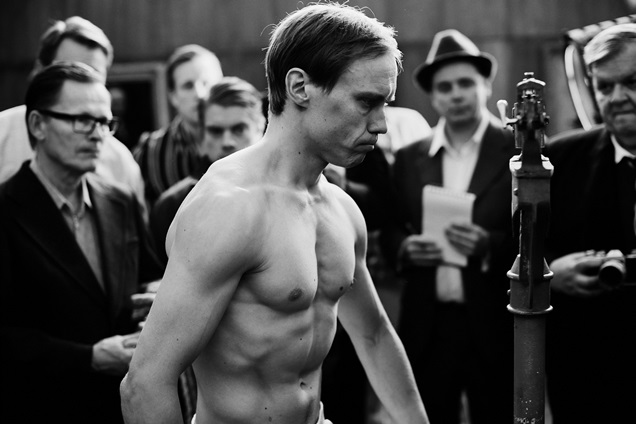
THE HAPPIEST DAY IN THE LIFE OF OLLI MÄKI
Director: Juho Kuosmanen
Genre: Drama, Biopic
Picture this. A debut feature. Shot on film. In Black and White. About boxing in Finland. All for under 400,000 USD. In 2016, this seems impossible, right? Well, not only was it made, but it’s great! To make things better, it’s this year’s submission for Finland’s Academy Award consideration. Director Juho Kuosmanen’s biopic about Finnish boxer Olli Mäki is a wonderfully subversive German-Finnish co-production that inverts countless expectations set by Hollywood’s glamorization of this brutish, masculine sport. And what’s so enchanting about Kuosmanen’s film is exactly that: It isn’t like any boxing film that we’ve seen before. When working in this sub-genre, it’s an inevitability to be compared to ROCKY and RAGING BULL, especially the latter when shooting in black and white, but THE HAPPIEST DAY IN THE LIFE OF OLLI MÄKI is a film about a man who wants more than to be a national icon. This is a human drama. A film that has recognized the distinct trappings of the boxing subgenre and accepted that something new must be done in order to be worth consumption. In short, it nails everything that 2015’s CREED did wrong. And while this might seem like an aggressive comparison, take a second to reflect on the seventh ROCKY film. It’s a film about a man’s legacy and his place in the world of sports. But much like Kuosmanen’s film, it values love and the pursuit of happiness over athletic stardom. This is what sports cinema should be, and the vivid cinematography and effortless performances from a wildly dedicated cast only further cement this as one of the most compelling foreign films of 2016. [Sergio Zaciu]
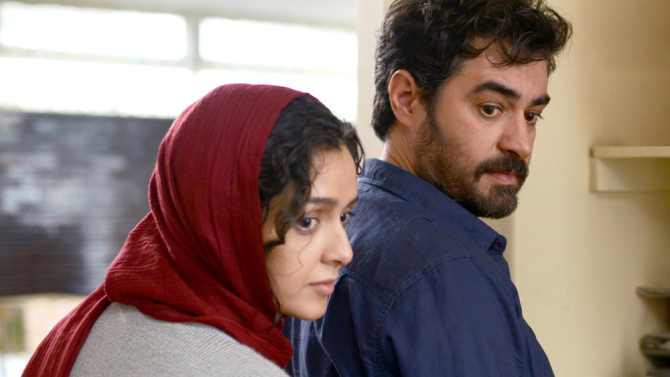
THE SALESMAN
Director: Asghar Farhadi
Genre: Drama
Easily the most compelling aspect of Farhadi’s cinema is his narratives, often cleverly complicated despite bearing simple premises. One of the larger trends in post-Revolutionary Iranian cinema is their troubled relationship to truth; where in a Kiarostami or Makhmalbaf piece this manifests itself in their fixation on kino-pravda, Farhadi’s details the frustration of interpersonal truths. His standard narrative often follows permutations of the following formula: There is some tragic event to which the characters have varying access to the truth of; the central conflict of the film then revolves around the characters’ attempts to make sense of said event, leading them down a rabbit hole that brings about uncomfortable revelations. Here, the key difference in the formula is that instead of fixating on the character’s search for truth — this proves itself to be a rather easy accomplishment compared to the scenario in A SEPARATION (2011) — THE SALESMAN considers how to handle “truth” once obtained. It is the kind of ethical and epistemological question anticipated in some of Kiarostami’s works, including his last film, LIKE SOMEONE IN LOVE (2012), but nevertheless fresh in its presentation here due, in part, to the way Farhadi arranges narrative beats. Each scene is perfectly plotted so as to draw out the suspense, slowly but surely, until the (often unbearably tense) climax. Though THE SALESMAN may not be the most impressive of Farhadi’s work, present still are the seeds that, in other instances, bear a sweeter fruit. I must admit my surprise at both of its Cannes awards, as this is neither Farhadi’s best screenplay nor lead actor Shahab Hossenini’s best performance. However, since such awards are overdue in each of their cases, I’m happy that they received recognition for their work, even if I find it to be misplaced. [Jonathan Mackris]
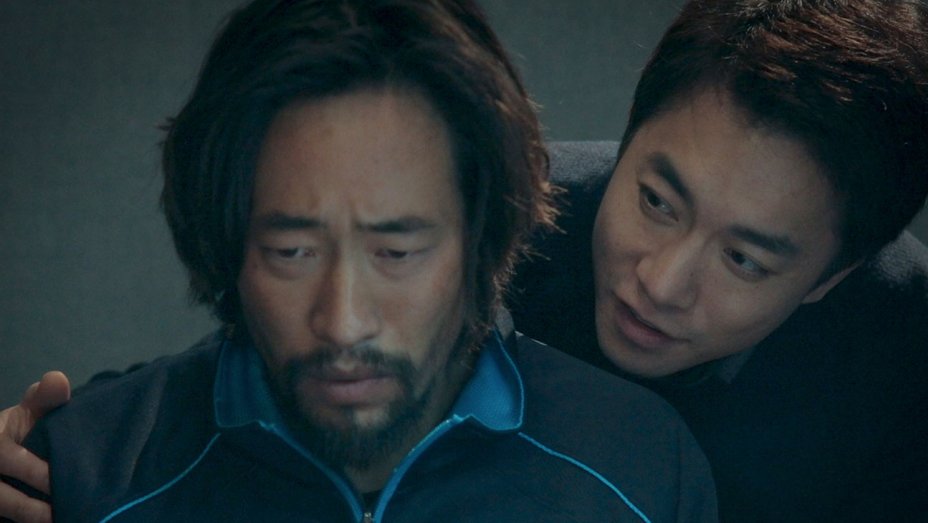
THE NET
Director: Kim Ki-duk
Genre: Drama
To put it simply, THE NET was exactly the film I was hoping to find at this year’s festival. In a deeply nihilistic — but never unrealistic — drama about a North Korean fisherman who accidentally drifts out into South Korean waters after his engine gets caught in his fishing net, Korean director Kim Ki-duk may have presented one of the most devastating viewing experiences of 2016 (and I just watched Trump’s victory speech last week). Through a series of cruel power plays and conflicts of interest, our hero, played magnificently by Ryoo Seung-bum, is caught in a web (or dare I say net) of intrigue. His treatment is so repulsive, so inhumane, and yet never exploitative. Kim Ki-duk wonderfully frames his film so that his protagonist’s treatment feels real, a consequence of years of separation and propaganda from both sides of the conflict. And that is perhaps THE NET’s greatest accomplishment. It never chastises South or North Korea more than its opposition. Both countries are held in contempt and consequently equally responsible for the conflict. Reunification is never a viable option in THE NET’s greater narrative, and the world that Kim Ki-duk paints values statistics over a human life to such an extent that we have no choice but to pray for our protagonist’s well-being. THE NET is an angry film, but one of sublime simplicity, a film that relishes performance and minimalism over opulence. It’s quite exciting to compare it to Spielberg’s BRIDGE OF SPIES, a film that in many ways follows suit in a number of character and narrative developments, but ultimately undercuts much of its power due to its own need for showmanship. What Kim Ki-duk has brought to viewers this year feels painfully real, and as such, may just be one of the best films this year. [Sergio Zaciu]
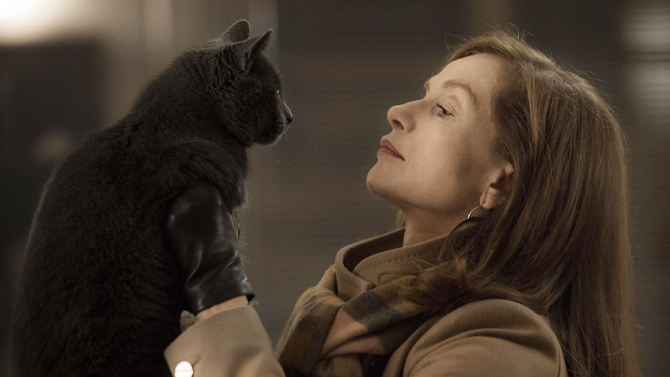
ELLE
Director: Paul Verhoeven
Genre: Drama
For a film with such dark content, the most surprising thing about ELLE is its sarcasm. This shouldn’t necessarily come as any surprise to a seasoned Verhoeven fan; all of his films are laced with this kind of sardonic attitude (or, at least, their reputation suggests as much — the only one I have seen previously is his STARSHIP TROOPERS (1997)). Here, this irony is perhaps the only anchor holding audiences back from complete repulsion à la Haneke — what is presented in ELLE is so shockingly demented, and yet somehow Verhoeven invites us into a space with a crooked smile and the blackest of humor. That isn’t to say that ELLE is a comedic work; on the contrary, it is a work of deep unease, one where our most trusted allies are the first to betray us, one where the strain of social hierarchies is made transparent. But it is the presence of this humor that makes it so interestingly complicated, a film that is not easily compartmentalized and not easily forgotten. [Jonathan Mackris]
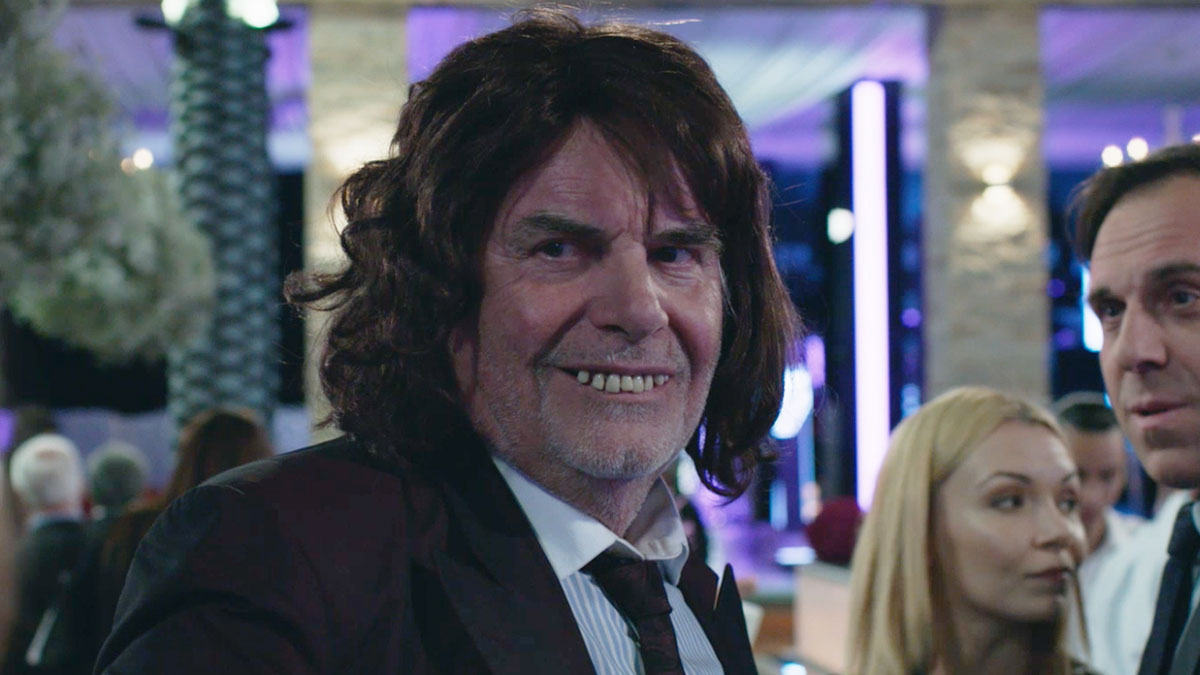
TONI ERDMANN
Director: Maren Ade
Genre: Comedy
A classic tale of a father trying to reconnect with his daughter, but turned completely upside-down, Maren Ade’s German-Austrian coproduction TONI ERDMANN is without a doubt the wackiest romp to ever grace the screens in a long time. Famed Austrian actor Peter Simonischek plays Winfried Conradi, an old music teacher with a knack for outlandish humor and costumes who, after his dog dies, accompanies his workaholic business consultant daughter Ines Conradi, played by Sandra Hüller, on a business trip to Bucharest. Wishing to make an impression on her and her work friends, he dons a wig and assumes the role of life coach “Toni Erdmann,” channeling his inner BAD GRANDPA. At every turn, Erdmann’s antics become more and more outrageous as he tries to get Ines to lighten up. Awkward drinks with some wet handshakes turn into Erdmann stealing the spotlight, with his efforts to charm fantastically bombing and an irked Ines on the sidelines. It all culminates in several hilarious party scenes complete with spur-of-the-moment, off-key vocal performances and wardrobe malfunctions that had audiences tearful with laughter. And somehow, despite all of these crazy exploits throughout a nearly three hour affair, the film seems to never lose its heart. Ade portrays these characters as incredibly relatable in both their misgivings and self-assurance. She makes Hüller and Simonischek really highlight how important having a sense of humor is even in the uptight, cutthroat business world. Without a doubt, this is hands down the most fun I have ever had in a theater. [Alexander Larios]

